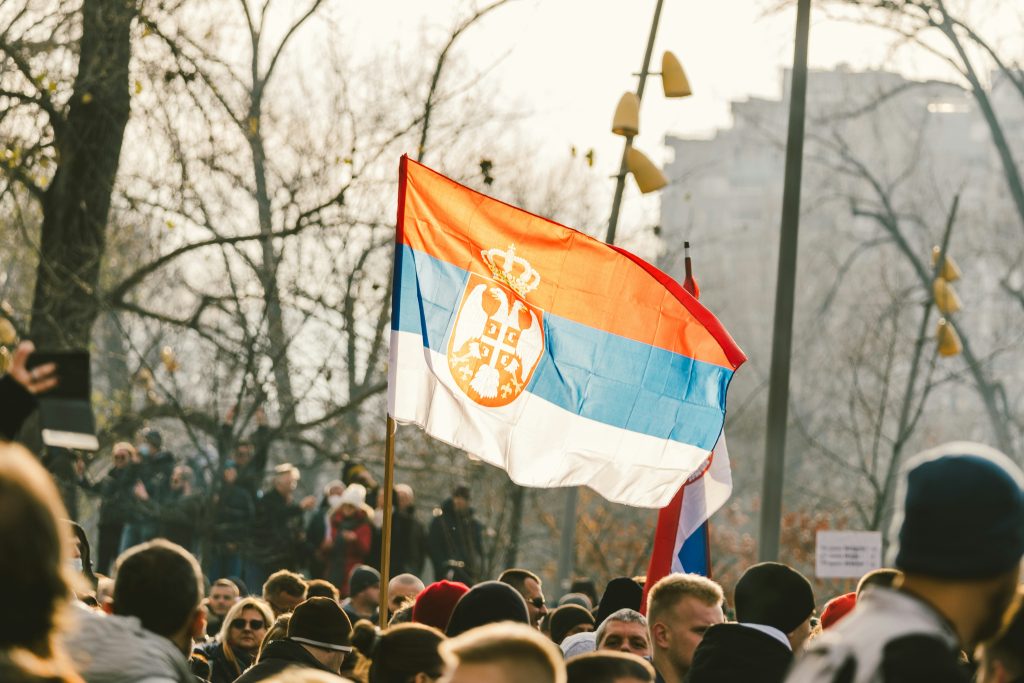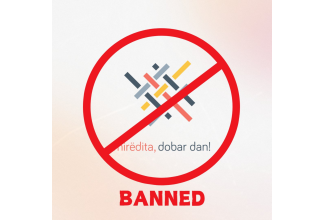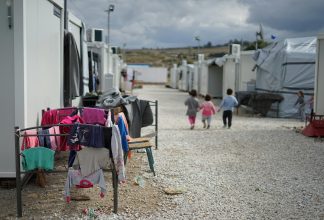Decline in civil rights and freedoms in Serbia

Over the past year, Serbia has experienced a concerning decline in the respect for citizens’ rights and freedoms, marking the sharpest decrease in Europe according to Freedom House’s latest report for 2023. Serbia remains categorised as a partly free country.
This persistent trend, spanning the past decade, is attributed to various factors, with significant reason being the poorly implemented electoral laws. Freedom House underscores the challenges facing opposition parties in gaining power through elections, with the ruling Serbian Progressive Party (SNS) employing tactics to unfairly diminish electoral prospects, particularly through media misuse.
Another crucial concern is the fight against corruption, which is marked by the lowest mark. High-profile convictions are rare, and there’s evidence of pressure on the judiciary and law enforcement agencies. Political influence over judicial appointments compromises the independence of the judiciary, leading to external pressure on judges regarding their rulings.
Media freedom in Serbia is also under threat, with journalists facing lawsuits or criminal charges, lack of transparency in media ownership, and editorial pressure from politicians and politically connected media owners. Journalists often encounter direct threats and intimidation, leading to high rates of self-censorship. Independent investigative groups have faced harassment, intimidation, and violence from authorities and pro-government factions.
Regarding electoral rights, a recent report by the OSCE Office for Democratic Institutions and Human Rights (ODIHR) highlighted serious concerns regarding campaign deficiencies in the electoral process. Despite some positive developments – revisions in election-related legislation in 2022 addressing prior recommendations and positive assessed voting procedures – several key issues remain. Those include “measures to prevent misuse of public office and state resources, separation between the official functions and campaign activities, and effective mechanisms to prevent intimidation and pressure on voters, including vote buying.”
Addressing these issues, ODIHR has given priority recommendations, including legislative amendments to further align the electoral process with international standards, improving the accuracy and transparency of voter lists, preventing misuse of office and state resources, strengthening oversight of voter intimidation, and enhancing the implementation of campaign finance regulations.
In light of the alarming trends outlined above, it is evident that Serbia faces significant challenges in upholding civil rights and freedoms. The decline in respect for citizens’ rights, the inadequacies in electoral processes, and the threats to media freedom collectively underscore a pressing need for comprehensive reforms.
To address these issues, a concerted effort is required from both domestic and international stakeholders. Serbia’s leadership must commit to strengthening democratic institutions, ensuring the independence of the judiciary, and fostering a climate that encourages free and fair political competition. Additionally, addressing corruption and safeguarding media freedom are paramount for the restoration of a healthy democratic environment, as well as ensuring human rights are protected.


